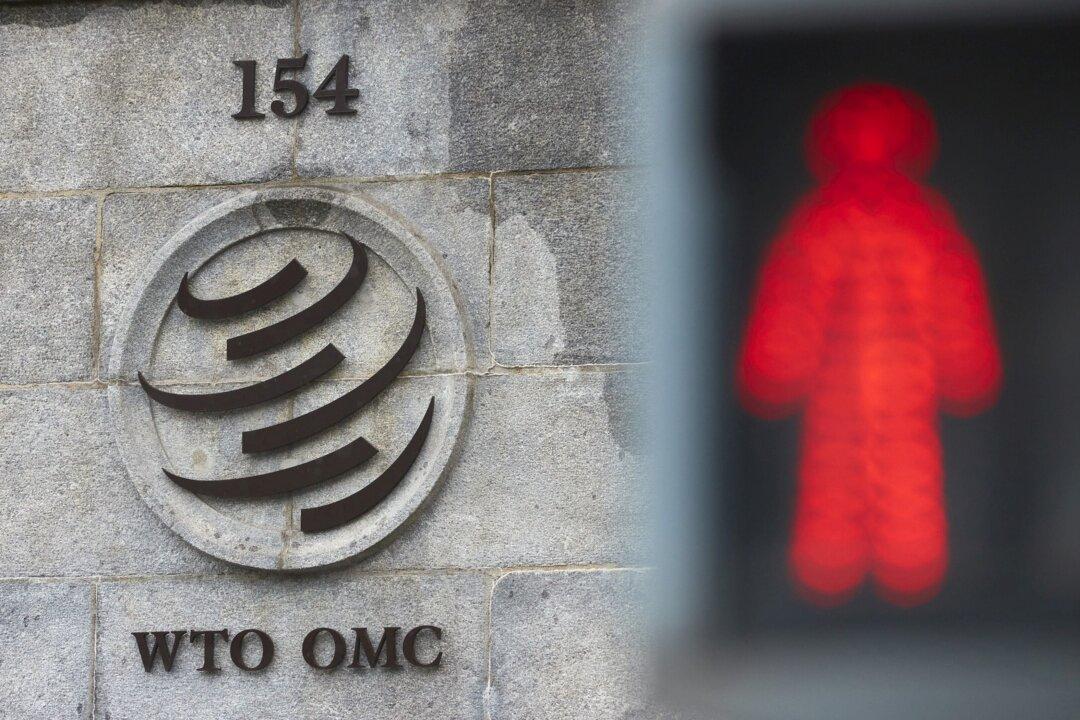The United States Trade Representative (USTR) is calling for the country to rethink its approach to China with a focus on building up domestic capacity rather than trying to change the communist nation’s behavior.
“Our strategy must expand beyond only pressing China for change and include vigorously defending our values and economic interests from the negative impacts of the PRC’s [People’s Republic of China’s] unfair economic policies and practices,” USTR Katherine Tai said in Congressional testimony on March 30.





